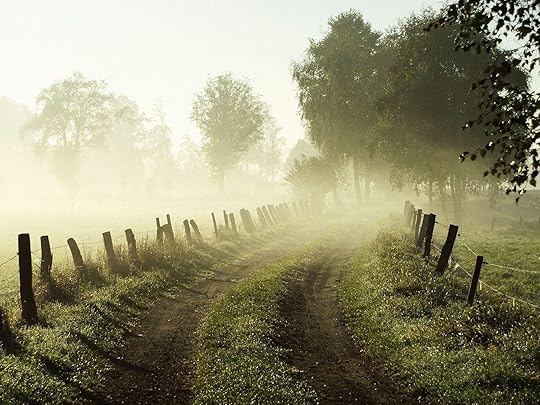What do you think?
Rate this book


537 pages, Paperback
First published January 1, 1984


Though if you ask me, eternity’s the same whether you’re eaten by worms in your grave or fishes in the sea. When the Day of Judgment comes, the folk in their graves and the ones from the sea will have to rise up just the same. And it’s a lot less trouble in the sea than when you have to build a tomb.
People don’t need to know everything. Horses don’t know things and they go on living. And bees, for instance, if they knew it was humans they were collecting honey for, they wouldn’t do it. How are people any better than horses or bees?
You read and read, and in the end it all went into the ground with you anyway. With the land it was another matter. You worked and worked the land, but the land remained afterwards. With reading, not even a line, not a single word, was left behind.

